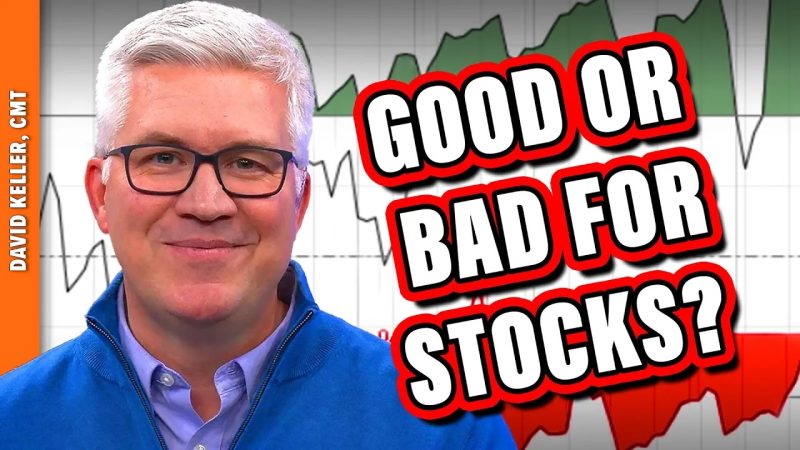
Stock Market Extreme: Are Overbought Conditions a Blessing or a Curse?
In trading and investing, overbought conditions often lead to mixed interpretations among market participants. While some view high price levels as a signal to sell, others may see it as a continuation of a strong bullish trend. The debate around whether extremely overbought conditions are good or bad for stocks is ongoing, with various factors at play.
Firstly, it is essential to understand the concept of overbought conditions in technical analysis. Indicators such as the Relative Strength Index (RSI) or the Stochastic Oscillator are commonly used to identify overbought levels in a stock or the overall market. When a stock’s price moves significantly above its average levels, these indicators can signal that it may be overextended and due for a pullback.
From a bearish perspective, extremely overbought conditions may indicate a temporary peak in a stock’s price. Investors who subscribe to this view may consider selling their positions to lock in profits or even initiate short positions, anticipating a price decline. This approach is based on the belief that markets tend to revert to the mean, and an overextended move is unsustainable in the long run.
On the other hand, some traders see overbought conditions as a sign of strength rather than weakness. In a strong uptrend, a stock or market index can remain overbought for an extended period as buyers continue to push prices higher. This perspective suggests that overbought conditions may be a confirmation of the underlying bullish trend, and selling prematurely could mean missing out on further gains.
Moreover, the broader market environment and fundamental factors play a crucial role in determining the impact of overbought conditions. During periods of strong economic growth or favorable market conditions, overbought levels may be seen as a validation of the positive sentiment prevailing in the market. In contrast, if economic indicators point to potential headwinds or uncertainties, overbought conditions could be viewed more skeptically.
Additionally, the timeframe of an investor or trader can influence their interpretation of overbought conditions. Short-term traders may be more inclined to capitalize on quick price movements resulting from overbought signals, while long-term investors could choose to ride out temporary fluctuations and focus on the broader trend.
In conclusion, the question of whether extremely overbought conditions are good or bad for stocks does not have a straightforward answer. The interpretation of overbought levels depends on various factors, including the prevailing market sentiment, individual trading styles, and broader economic conditions. Regardless of one’s perspective, it is essential to employ risk management strategies and consider a holistic view of market analysis when navigating overbought conditions in trading and investing.
